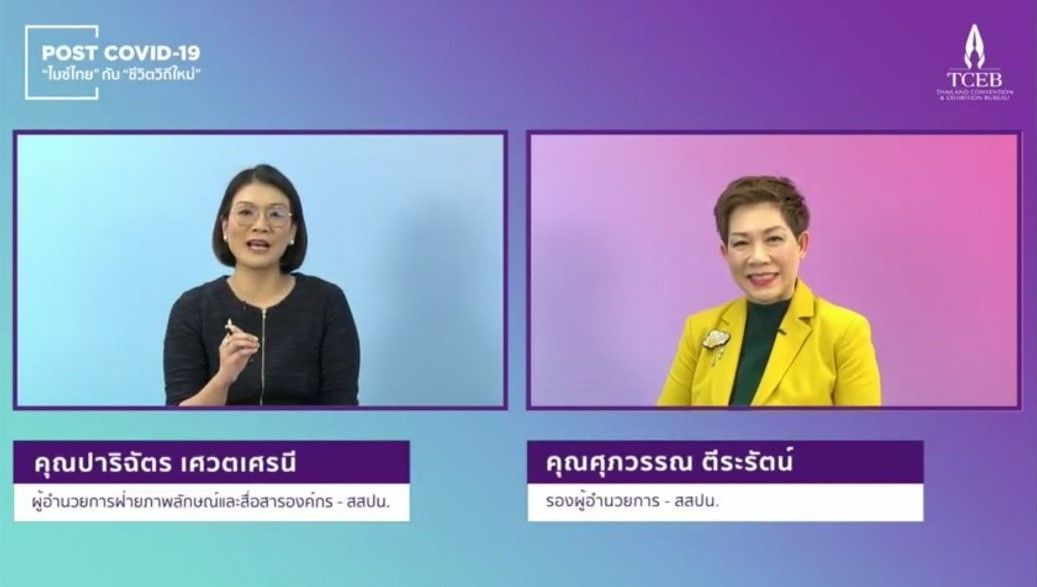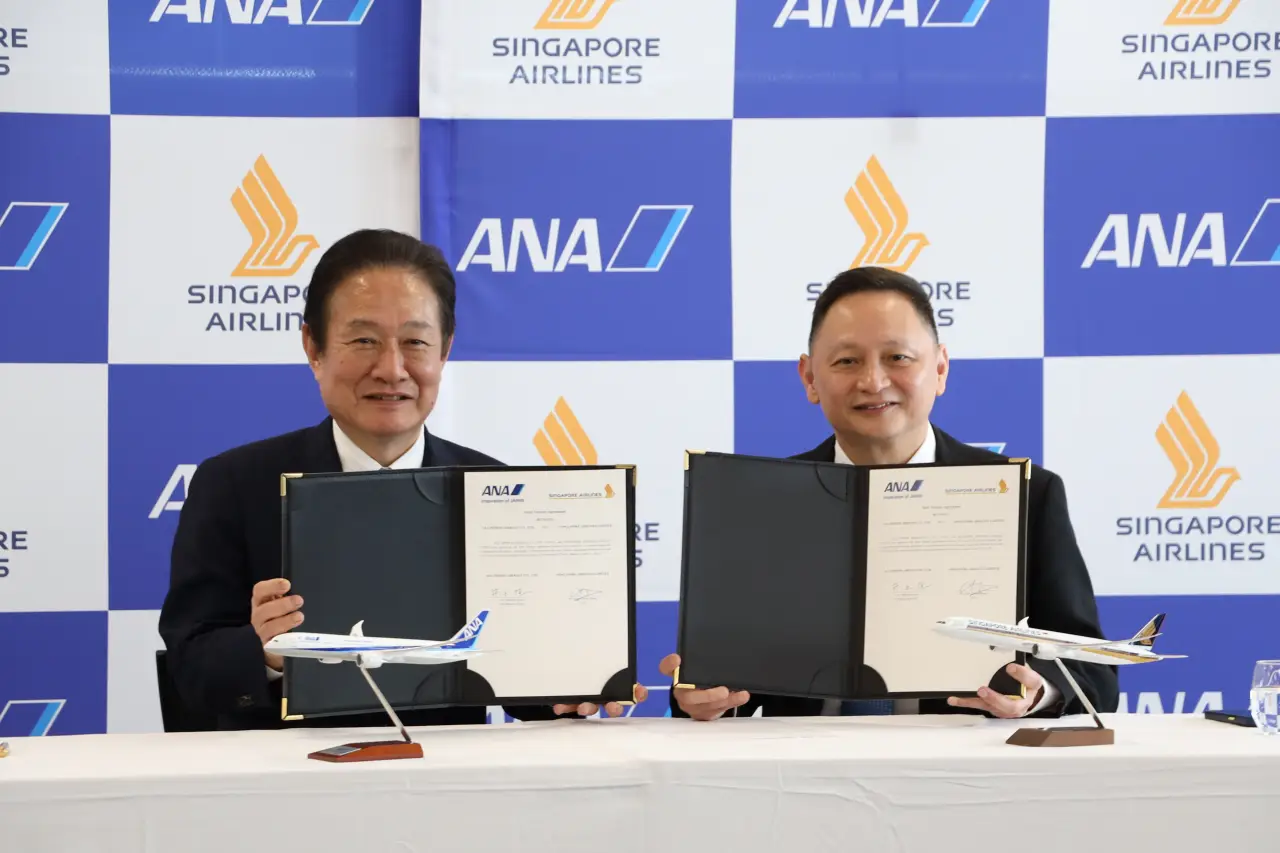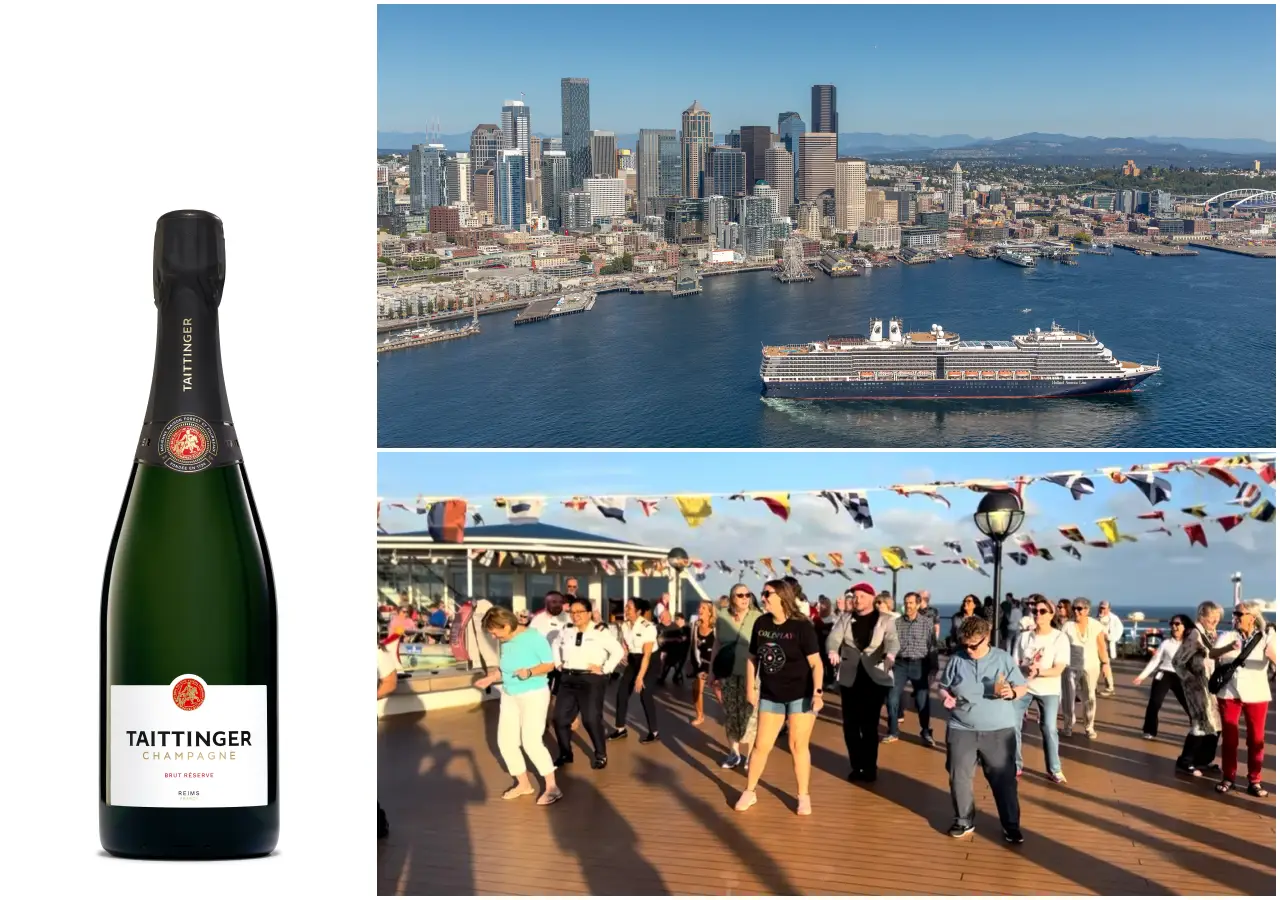Responses to a late-summer survey of NTA tour operators show that travel demand has bounced back from pandemic lows, and while travel professionals are facing new challenges, they are also developing new solutions.
“Our tour operators are hearing a call for flexibility, choice, and individual experiences within a group itinerary, and that’s what they’re delivering,” said NTA President Catherine Prather.
“They are developing innovative itineraries with lots of options, both for their clients and for themselves.”
Asked about 2023 bookings for domestic travel, most NTA operators are positive: Two-thirds report that bookings are meeting or exceeding expectations, with 33% terming business as stronger than expected. Just under a quarter (23%) say bookings are not as promising as they had hoped. The outlook for overseas travel is nearly identical, with only slightly fewer operators reporting stronger-than-expected bookings (30%).
After two years of travel opportunities diminished by official restrictions or traveler concerns, tour operators are seeing packaged-travel clients return. Some report seeing a heightened desire to fulfill bucket-list trips—including a post-pandemic feeling that tomorrow holds no guarantees. But not all operators are seeing the same demands.
“The range in responses and observations from our operators matches the variety of clients they serve, the destinations they visits, and the experiences they specialize in,” Prather said.
“While some companies are simply picking up where they left off, others are dealing with shifts in client requests, including an interest in smaller group sizes.”
Worker shortages and supply-chain struggles have been widely reported, yet client expectations of service vary. Operators report that while some clients understand these challenges, other travelers express frustration with anything less than top-notch service. At least one operator said they have eliminated baggage service at hotels because of chronic staffing shortages.
A bigger challenge for operators is staff shortages that lead to reduced hours or days of operation among suppliers—restaurants and experience providers that NTA operators count on for their groups’ meals and activities. They’re handling those challenges by adding flexibility and individual choice within their group itineraries.
“Tour operators might book fewer group meals in restaurants and instead allow clients to choose their own dining experiences,” Prather said.
“They’re also providing unstructured time in the itinerary so their travelers can choose how to spend this free time.”
Increased prices, too, have been a struggle for many tour operators and travelers—but not all. Some operators say their clients are not concerned with price and are willing to spend more to travel in a smaller group. Others say that increased prices are leading some travelers to delay or scale down their travel. And nearly all operators are doing their best to set prices now for future tours, according to Prather.
“Pricing an all-inclusive tour a year or more out has always been difficult, but with food and transportation prices increasing steadily, many operators are estimating a bit on the high side,” she said.
“They’re also developing flexible itineraries that that allow for changes they can make before the tour operates.”
“Flexible” is a word that appeared in many survey responses, with “clear communication” as a phrase that’s cited frequently.
“NTA operators are dealing with so many factors that are out of their control, but they can control what they’re telling their clients,” Prather said.
“We heard over and over that clear and honest communication—about prices, service levels, scheduling, and COVID protocols—helps to manage client expectations.”
Another key for tour operators is maintaining effective relationships with their DMO and supplier partners.
“Tour operators are still producing brochures with scheduled departures, but with shifts in traveler preferences, there are more calls for customized tours, which accentuate the need for quick access to a lot of good partners,” Prather said. “And of all the operator responses I read, the most gratifying was the shortest.”
One operator concluded their description of current challenges with this: “It is easier as an NTA member.”













